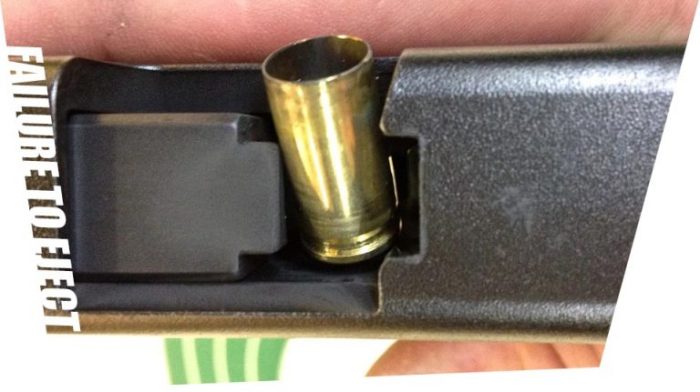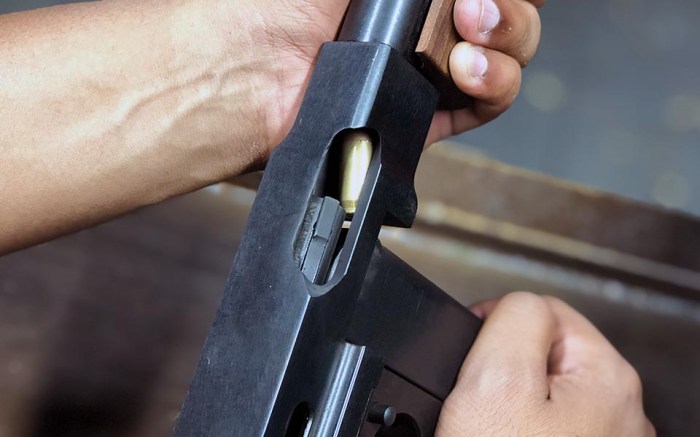What causes guns to jam? This question plagues gun owners, leaving them frustrated and perplexed. In this comprehensive guide, we delve into the intricacies of gun jams, exploring their types, causes, and effective prevention strategies. Join us as we unravel the mysteries behind these frustrating malfunctions, empowering you with the knowledge to keep your firearms functioning flawlessly.
From understanding the various types of jams to identifying their root causes, this guide equips you with a deep understanding of these firearm malfunctions. We’ll explore common causes such as ammunition issues, improper maintenance, and user error, providing practical solutions to prevent these jams from occurring in the first place.
Types of Gun Jams
Gun jams occur when a firearm fails to function properly, preventing it from firing or cycling correctly. There are several different types of gun jams that can occur, each with its own unique causes and symptoms.
Failure to Feed
- Description:Occurs when a new round fails to enter the chamber from the magazine.
- Causes:Worn or damaged magazine, dirty or corroded chamber, weak or broken extractor.
- Prevention:Keep magazines clean and well-maintained, regularly clean the chamber, and inspect the extractor for damage.
Failure to Eject
- Description:Occurs when the spent casing fails to be ejected from the chamber after firing.
- Causes:Weak or broken ejector, dirty or corroded chamber, insufficient lubrication.
- Prevention:Clean and lubricate the firearm regularly, inspect the ejector for damage, and ensure the chamber is free of debris.
Double Feed

- Description:Occurs when two rounds are simultaneously fed into the chamber.
- Causes:Worn or damaged magazine, weak or broken magazine spring, dirty or corroded chamber.
- Prevention:Keep magazines clean and well-maintained, replace worn springs, and regularly clean the chamber.
Causes of Gun Jams: What Causes Guns To Jam

Gun jams can be caused by a variety of factors, including mechanical issues, ammunition problems, and improper handling.
Mechanical Issues

- Worn or damaged parts:Over time, firearm components can wear out or become damaged, leading to jams.
- Dirty or corroded chamber:A dirty or corroded chamber can prevent rounds from feeding or ejecting properly.
- Weak or broken springs:Springs are essential for proper firearm function, and weak or broken springs can cause jams.
Ammunition Problems
- Incorrect ammunition:Using ammunition that is not designed for the firearm can lead to jams.
- Damaged or defective ammunition:Damaged or defective ammunition can cause the firearm to malfunction.
Improper Handling, What causes guns to jam
- Limp wristing:Not holding the firearm firmly enough can cause the slide or bolt to fail to cycle properly.
- Incorrect grip:An incorrect grip can prevent the firearm from functioning properly.
FAQs
Why does my gun keep jamming?
Gun jams can occur due to various reasons, including ammunition issues, improper maintenance, user error, and environmental factors. Identifying the specific cause is crucial for effective troubleshooting.
How can I prevent gun jams?
Regular maintenance, proper cleaning, and using high-quality ammunition can significantly reduce the likelihood of gun jams. Additionally, ensuring proper handling and storage techniques is essential.
What should I do if my gun jams?
When a gun jams, remain calm and follow proper safety protocols. Clear the jam by following the manufacturer’s instructions or seeking professional assistance if necessary.
